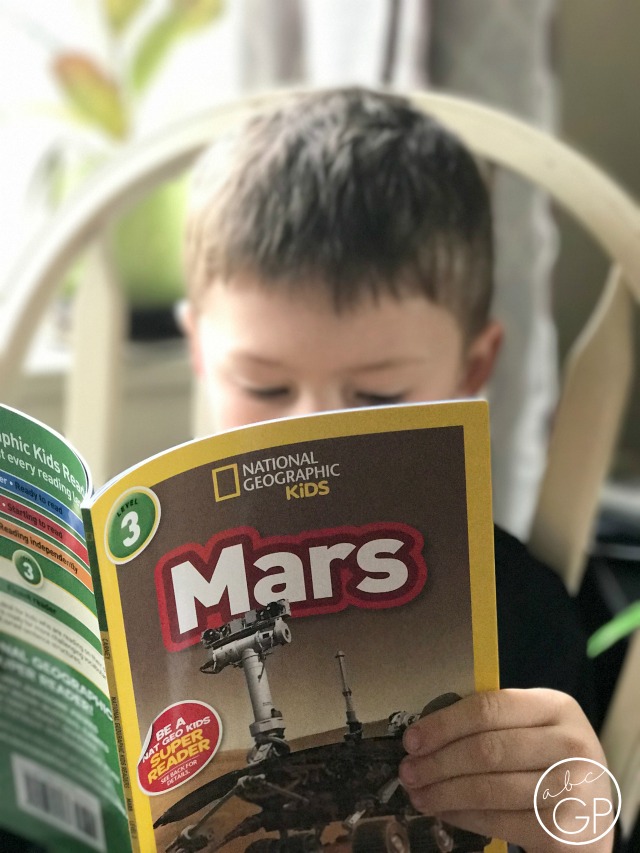
As with most research I undertake this work stemmed from a question raised by a forward-thinking Primary school “How can we develop book talk to enhance our work across the curriculum and develop pupils’ knowledge and understanding of, and engagement with, non-fiction texts?”
The initial premise of this work was to model the process of using non-fiction texts to enhance learning in history and geography using examples of core texts from years 2,4 and 6.
Following further research into reading across the curriculum and using reading to overcome disadvantage, in order to identify what strategies might provide a useful approach to this work it has struck me that we might need to come at this from a different angle and widen the scope of the project to focus on engagement with non-fiction texts that goes beyond the link to thematic work .
Non-fiction for pleasure
The research suggests considering non-fiction texts as a means of exploring new knowledge and ideas and developing an interest in and a passion for learning about the world, the universe and everything else! In other words, reading non-fiction for pleasure and personal growth in the same way we read fiction.
Currently we are probably turning children off reading or choosing to read non-fiction because we use terminology such as “reading for information” rather than reading for knowledge and interest. Much work with non-fiction books involves the retrieval of information and the skills we teach focus on how to use books efficiently. How often do we discuss the aesthetics and illustrations of Non-Fiction books. How often do we discuss the author and illustrator, how often do we consider the quality of the information and the extent to which we can rely on it to be true and up-to-date?